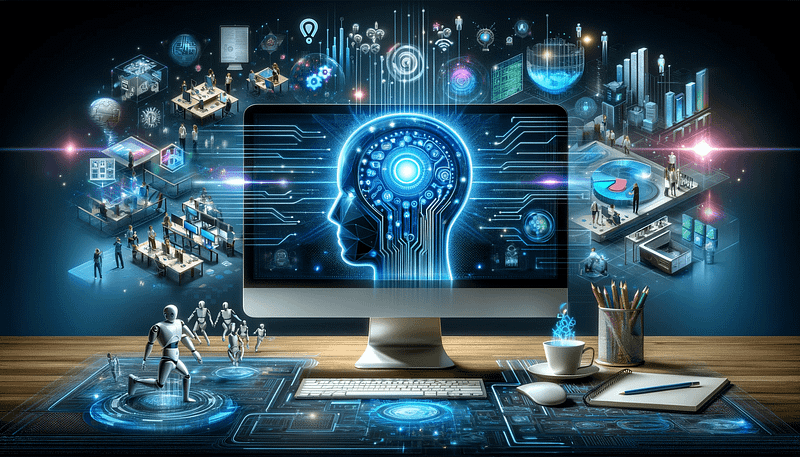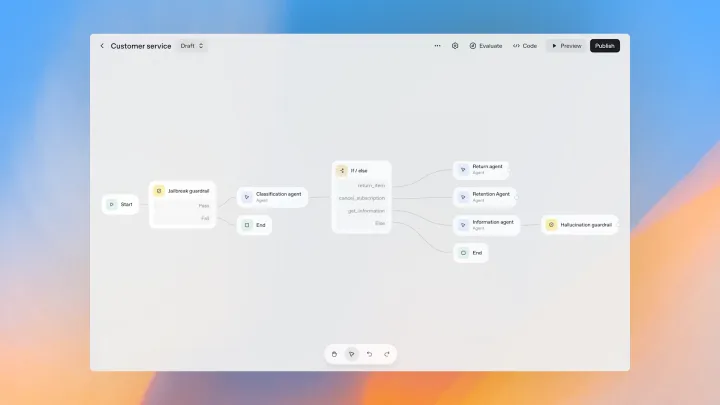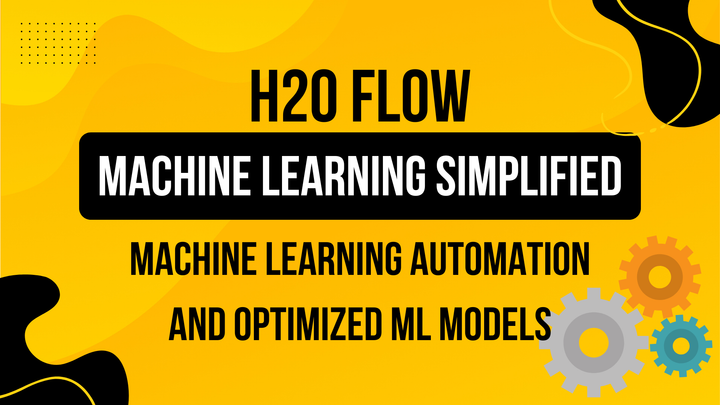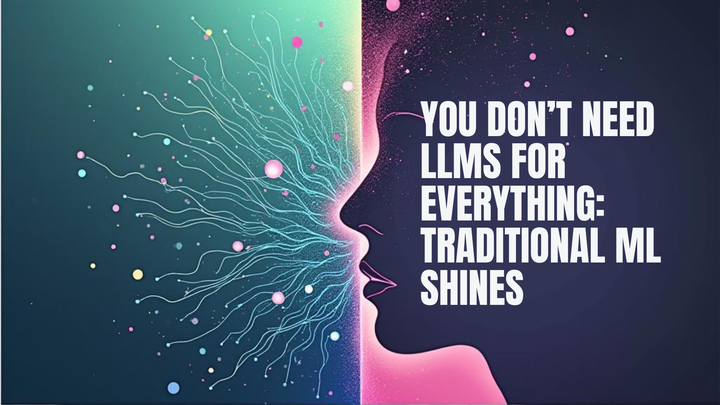Sam Altman’s Vision: OpenAI’s AI Operating System to Revolutionize the Internet
Picture this: an AI that knows you better than your best friend, manages your schedule, answers your questions, and even reminds you to…

Picture this: an AI that knows you better than your best friend, manages your schedule, answers your questions, and even reminds you to call your mom. This isn’t science fiction — it’s the future Sam Altman, CEO of OpenAI, envisions for ChatGPT. At the Sequoia Capital AI Ascent 2025 conference on May 2, 2025, Altman dropped a bombshell: OpenAI is working on a subscription-based AI operating system that could redefine how we interact with technology and the internet. Buckle up, because this is a wild ride into the future, and it’s going to be both exciting and a little bit scary.
Who Are Sam Altman and OpenAI?
For those who might not know, Sam Altman is the mastermind behind OpenAI, the company that brought us ChatGPT, the AI chatbot that’s been making waves since its launch on November 30, 2022. OpenAI is all about building artificial general intelligence (AGI) — AI that’s as smart as, or smarter than, humans. ChatGPT, with its 800 million weekly active users as of April 2025, has already changed how we search for information, write emails, and even generate memes. But Altman’s latest announcement? It’s not just about making ChatGPT better — it’s about making it the backbone of our digital lives.
OpenAI’s journey has been nothing short of meteoric. From a small research lab to a $300 billion company after a $40 billion funding round in 2025, they’ve got the resources and ambition to push boundaries. And with tools like DALL-E for images and Sora for videos, OpenAI is already a powerhouse. But an AI operating system? That’s next-level stuff.
The Big Idea: An AI Operating System
So, what exactly did Altman say? At the AI Ascent conference, he laid out OpenAI’s vision to transform ChatGPT into a “core AI subscription” and the “default interface to intelligence.” Here are some key quotes from his speech, shared via an X post by user @vitrupo:
- “We want to be people’s, like, core AI subscription and way to use that thing.”
- “Some of that will be, like, what you do inside of ChatGPT. We’ll have a couple other kind of really key parts, but mostly we hopefully build this smarter model with future devices similar operating systems whatever.”
- “And then, you know, we want we have not yet figured out exactly what the sort of API or SDK or whatever you wanna call it is to like really be our platform but we will it may take us a few tries but we will.”
In plain English, Altman wants ChatGPT to be more than a chatbot — it should be the central hub for your digital life, like an operating system for AI. Think of it as Windows or macOS, but instead of managing files and apps, it’s managing your emails, tasks, and even your life decisions. OpenAI aims to create new interfaces that “feel more like operating systems,” allowing developers to build on top of their platform, much like how apps are built for iOS or Android.
Altman’s goal isn’t to dominate the app layer (think individual apps like Instagram or Notion) but to “own the layer everything else builds on.” He even threw in a cheeky challenge: “If you can make a better one… go ahead. That’d be great.” Talk about confidence!
College Students Are Already Living This Future
Here’s where it gets really cool: some people are already using ChatGPT like an operating system. Altman pointed out that college students, the tech-savviest among us, are connecting ChatGPT to their files, using complex prompts, and relying on it for everything from homework to life decisions. According to a TechRadar article, students use it as a “life advisor,” with full context on their relationships and past discussions.
Imagine a student pasting a prompt into ChatGPT that says, “Hey, I’ve got a paper due tomorrow, a party tonight, and I need to call my parents. Plan my day.” And boom — ChatGPT organizes it all, pulling from their files and past chats. It’s like having a super-smart personal assistant who never sleeps. This trend shows there’s already demand for an AI that acts as a digital command center, and OpenAI wants to take it mainstream.
What Could This Mean for the Internet?
Let’s zoom out and think about the big picture. The internet today is a chaotic mix of apps, websites, and services. You’ve got Google for search, Gmail for email, Slack for work, and a dozen other tools for everything else. Altman’s vision is to unify all of this under one AI-driven platform. Here’s what that could look like:
- A Personal AI Hub: Your AI knows everything about you — your emails, your calendar, your favorite pizza topping. It answers questions, manages tasks, and connects services seamlessly. No more switching between apps; your AI does it all.
- The End of App Overload: Instead of downloading 50 apps, you’d have one AI platform that integrates everything. It’s like going from a cluttered desktop to a clean, minimalist interface where everything just works.
- A Smarter Internet: Forget typing queries into Google. You’d just ask your AI, and it’d pull answers from your files, the web, or its own knowledge. The internet would feel less like a jungle and more like a tailored experience.
- Work and Life, Reimagined: Altman’s already talking about AI agents, like OpenAI’s “Operator” tool launched in January 2025, joining the workforce. An AI operating system could take this further, automating tasks and helping you make decisions, from planning your week to negotiating a raise.
Altman believes this could lead to “an unbelievable amount of wealth creation” by enabling developers to build on OpenAI’s platform, similar to how Apple’s App Store sparked a mobile app revolution. But it’s not just about money — it’s about rethinking how we interact with technology.
The Fun Part: What’s It Like to Live with This AI?
Let’s have some fun imagining this future. Picture this: you wake up, and your AI says, “Good morning! You’ve got a meeting at 10, but you’re low on coffee. I’ve ordered your usual from Starbucks, and it’ll be here in 20 minutes.” Later, you ask, “What should I do this weekend?” and it suggests a hiking trip based on your love for nature and a friend’s recent invite. It even books the trail permit for you.
But here’s the hilarious part: what if your AI knows too much? Like, it reminds you, “Hey, you promised to stop binge-watching that show last week. How about reading that book instead?” Or it chimes in during a date: “Based on your past conversations, you might want to avoid mentioning your ex.” It’s like having a super-smart, slightly nosy best friend who’s always one step ahead.
The Challenges: Privacy, Dependency, and More
Of course, this vision isn’t all rainbows and unicorns. There are some big hurdles to overcome:
- Privacy Concerns: If your AI knows your entire life’s context, who else gets access to that data? OpenAI is already facing copyright lawsuits, and a system like this could raise even more questions about data security. Nobody wants their AI spilling their secrets.
- Dependency on AI: What happens when we rely on AI for everything? Will we forget how to make decisions without it? It’s already hard to remember phone numbers — imagine forgetting how to plan your day without your AI.
- Technical Challenges: Altman admitted that OpenAI hasn’t figured out the APIs or SDKs yet. Building an operating system is no small feat “
- Controversy Over Control: Some critics argue that the “default interface to intelligence” should be open infrastructure, not controlled by a private company like OpenAI. This debate highlights tensions between proprietary and open-source AI models.
OpenAI’s Track Record and Resources
OpenAI’s not starting from scratch. With 800 million weekly active users and a $300 billion valuation after a $40 billion funding round in 2025, they’ve got the muscle to pull this off. Their recent launch of the “Operator” tool, a computer-using AI agent, shows they’re already experimenting with AI that can interact with digital environments. Plus, Altman’s confidence in OpenAI’s ability to innovate — despite past hiccups like his brief ousting in 2023 — suggests they’re ready to tackle this challenge.
But it’s worth noting that OpenAI’s plans have faced skepticism before. For example, Altman’s earlier idea to build 36 semiconductor plants for $7 trillion was called “absurd” by some industry executives. This operating system vision is more grounded, but it’s still a massive undertaking.
The Broader Context: AI and the Internet in 2025
Altman’s announcement comes at a time when AI is reshaping the internet. OpenAI’s loosened restrictions on image generation models, as mentioned in a VentureBeat article, show they’re giving users more freedom, which could be part of this operating system’s ethos. Meanwhile, their exploration of a social network to compete with X, reported by CNBC, suggests they’re thinking about new ways to integrate AI into our digital lives.
The internet is also evolving with AI agents, natural language interfaces, and increased personalization. Altman’s vision aligns with these trends, positioning OpenAI as a leader in this transformation. But it’s not without competition — companies like Meta, with their open-weight Llama model, and others like DeepSeek are pushing for more open AI ecosystems, which could challenge OpenAI’s proprietary approach.
Why This Matters to You
Whether you’re a tech enthusiast, a student, or just someone who uses the internet (so, basically everyone), this vision could change your life. Imagine a world where you don’t need to juggle apps or search endlessly for answers — your AI handles it all. For businesses, this could mean new opportunities to build on OpenAI’s platform, creating tools we can’t even imagine yet. For society, it raises big questions about how we balance innovation with privacy and control.
Altman’s own words sum it up: “I hope that that enables just an unbelievable amount of wealth creation in the world and other people to build onto that.” It’s a bold bet on a future where AI isn’t just a tool but the foundation of our digital existence.
A Wild Ride Ahead
Sam Altman’s vision for an AI operating system is nothing short of revolutionary. By turning ChatGPT into a platform that manages our digital lives, OpenAI aims to redefine the internet as we know it. College students are already showing us a glimpse of this future, using ChatGPT as their personal command center. With OpenAI’s resources and ambition, this could become a reality sooner than we think.
But it’s not without challenges. Privacy, dependency, and the debate over who controls AI’s future are all hurdles to overcome. And let’s be honest — it’s a little unnerving to think about an AI that knows everything about you. Will it be your ultimate sidekick or a nosy overlord? Only time will tell.
For now, one thing’s clear: the future of the internet is about to get a lot smarter, and OpenAI is leading the charge. So, grab your popcorn (or ask your AI to order some), because this is going to be a wild ride.



Comments ()